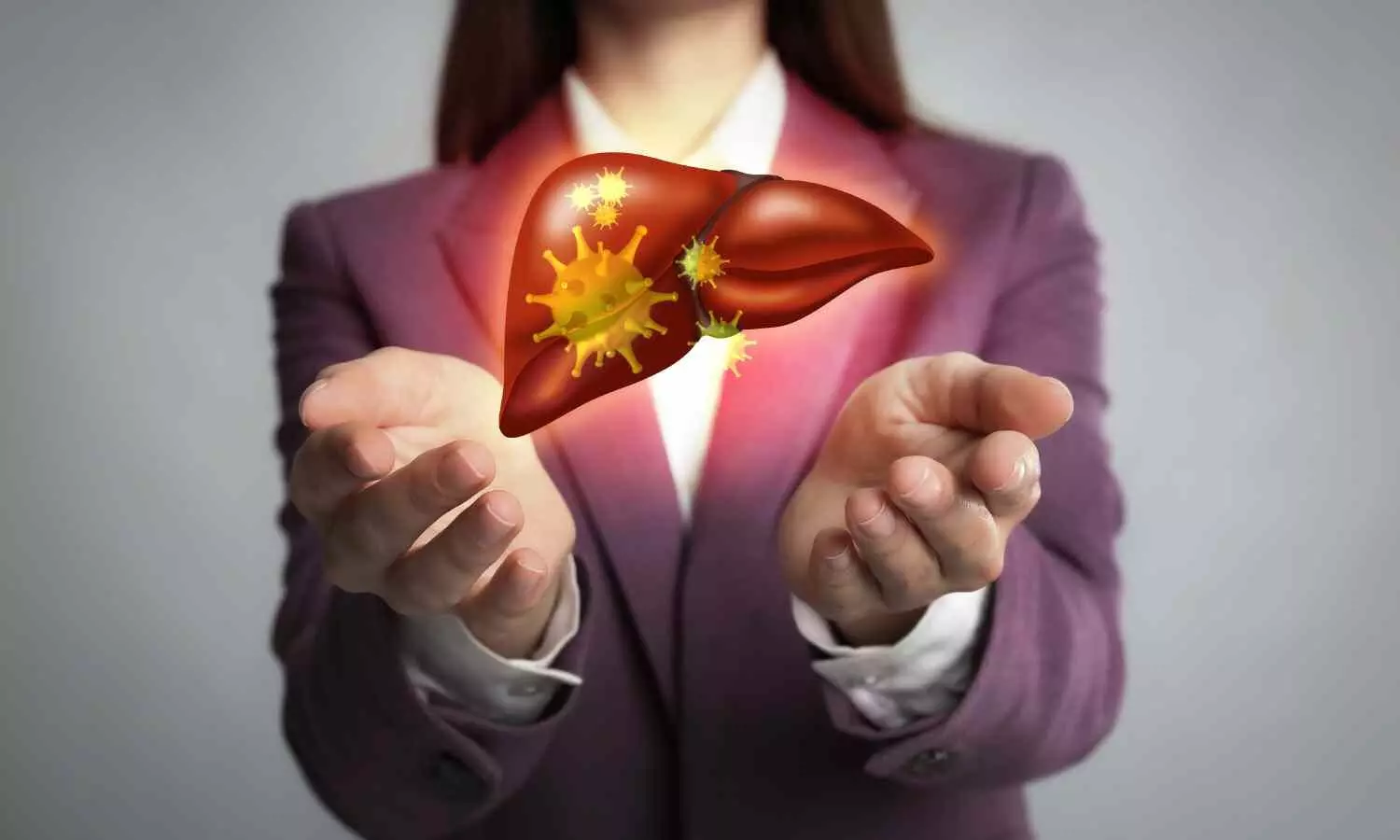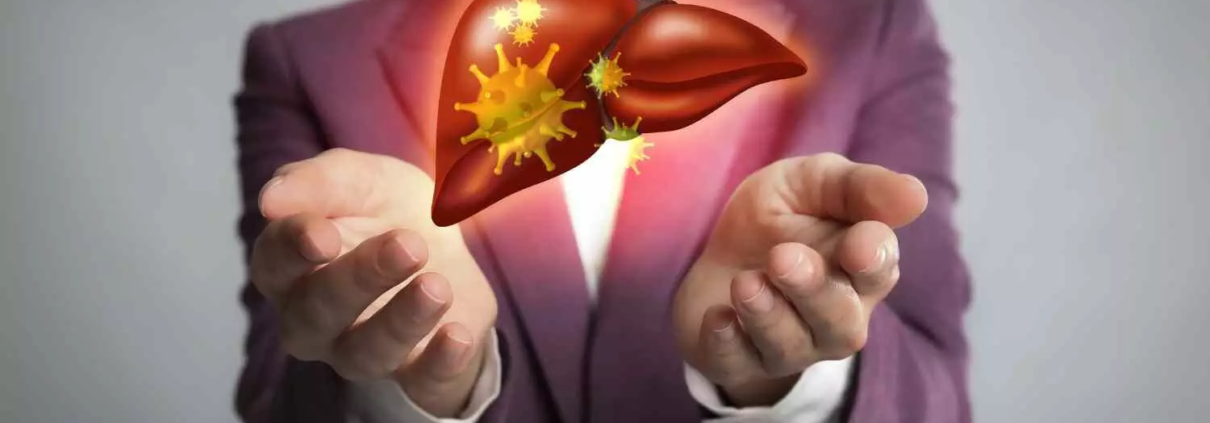Can meditation and stretching relieve cramping caused by cirrhosis?

People suffering from cirrhosis may find some symptom relief from two accessible activities: stretching and meditation.
A study from the University of Michigan compared the two therapies as a means to relieve nocturnal muscle cramps and found both effective.
The resulting paper, “The RELAX randomized controlled trial: Stretching versus meditation for nocturnal muscle cramps,” appeared in Liver International.
Two out of every three people with cirrhosis experience muscle cramps at night that wake them from sleep.
Since these cramps interrupt rest, they exacerbate other symptoms.
In previous research, Michigan doctors determined that muscle cramps have the highest impact on quality of life, relative to other cirrhosis-related symptoms, making their treatment a priority.
“We wanted to test two different treatments for cramps: One was coping with meditation and the other was physically stretching to prevent the occurrence of the cramp,” said Elliot Tapper M.D., director of the University of Michigan’s Cirrhosis Program, and lead author on the paper.
“What we ended up finding was that both interventions significantly reduced cramps severity and improved quality of life, which was somewhat unexpected.”
The unexpected result was the effect of meditation.
The researchers had selected meditation as an active placebo after previous research on mindfulness techniques for caregivers of people with cirrhosis.
In this study, the participants in the meditation group and the participants in the stretching group both reported reduced cramp severity and better sleep.
“The hope was that if we could see some positive effects for patients, then we could use meditation in other studies of generalized chronic pain,” Tapper said.
“I just didn’t expect it to have anything to do with cramp severity. I thought it could improve quality of life, but not reduce cramps.”
There is limited research on therapies to ameliorate these cramps, despite their prevalence in patients with cirrhosis and chronic liver disease.
A previous study led by Tapper showed that drinking pickle juice could help stop cramps, though it did not improve overall quality of life.
While a higher percentage of patients who stretched (79.5%) said they would recommend their intervention than those patients who meditated (55.3%), the results suggested meditating was more likely to improve overall health-related quality of life.
Tapper highlights this potential to improve quality of life, along with its accessibility, as making meditation an exciting option meriting further study.
“These results really show that that, if practiced, these mind-body methods have the ability to train people to overcome truly distressing physical symptoms,” Tapper said.
Reference:
Elliot B. Tapper, Hirsh Trivedi, Douglas A. Simonetto, Vilas Patwardhan, Erin Ospina, Beanna Martinez, Xi Chen, Susan Walker, Samantha Nikirk, The RELAX randomized controlled trial: Stretching versus meditation for nocturnal muscle cramps, Liver International,



